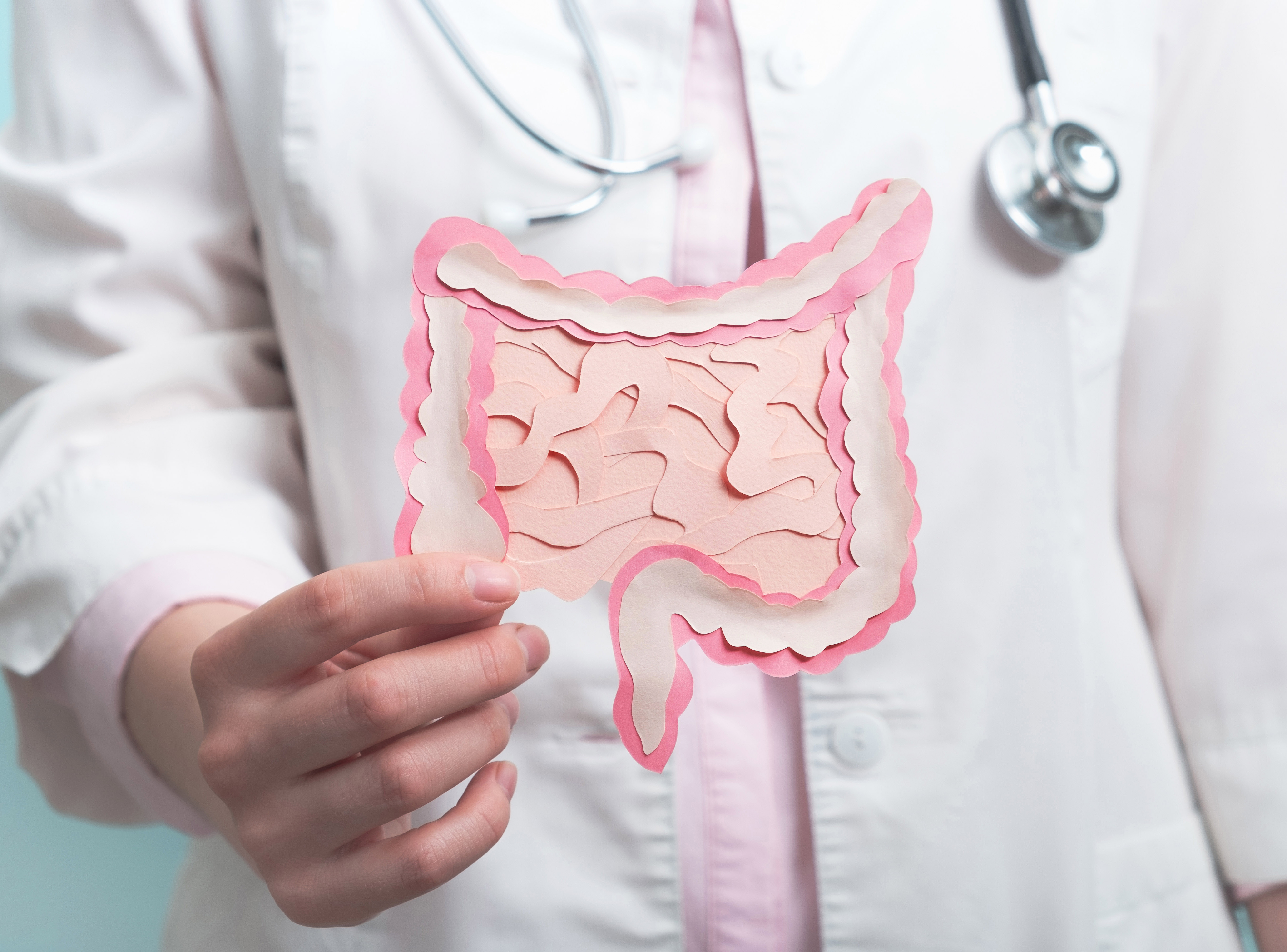 US researchers from Harvard Medical School have proposed expanding the facilities of the world’s stool banks, repositories of cryogenically preserved faeces that could help safeguard humanity against the increasing impacts of industrialisation.
US researchers from Harvard Medical School have proposed expanding the facilities of the world’s stool banks, repositories of cryogenically preserved faeces that could help safeguard humanity against the increasing impacts of industrialisation.
Trillions of microbes have coevolved with humans, yet recent industrial advances have caused a significant loss of diversity in our gut microbiome, potentially increasing our susceptibility to many diseases.
In an opinion piece, published June 30th in Trends in Molecular Medicine, the research team proposed combatting these effects by having young, healthy individuals bank samples of their own gut microbiota (or stool) for potential use later in life in an autologous faecal microbiota transplant (FMT).
FMT involves the administration of a solution of faecal matter through either the lower gastrointestinal tract, via colonoscope or enema; the upper GI tract via nasogastric tube; or orally using a capsulized, frozen inoculum.
Lead author, Associate Professor of Medicine at Harvard and Associate Scientist at BWH, Dr Yang-Yu Liu, said that heterologous FMTs (using a sample from other people) had gained in popularity over the past decades due to their success in treating several diseases such as IBD and CDI.
“However, the long-term safety concerns, the challenging donor recruitment/screening process, the less-than-complete success rate, as well as the FDA’s struggle to regulate FMT have all limited its use,” Dr Liu said.
“In particular, FMT response variability is presumed to be due to the mismatch of host factors (e.g., genetics, diet, other environmental exposures) between donor and recipient, collectively known as the donor–recipient compatibility issue.”
Patient responses to heterologous FMTs can include mild temporary adverse effects such as diarrhea, abdominal pain, abdominal bloating, nausea, headaches, and fatigue; ranging to long-term safety concerns like weight gain – after using stool from a healthy but overweight donor.
And there is always the potential risk of disease transmission between the donor and recipient.
“There is a clear need to control for [these] compatibility issues in FMT studies and by definition, autologous FMT can naturally avoid, or at least mitigate, the donor–recipient compatibility issue, as well as many of the ethical concerns associated with heterologous FMT,” Dr Liu said.
“Conceptually, the idea of stool banking for autologous FMT is similar to when parents bank their baby’s cord blood for possible future use.”
Co-author and Associate Director of the Channing Division of Network Medicine at BWH, Professor Scott Weiss, explained that autologous FMTs also “have the potential to treat autoimmune diseases like asthma, multiple sclerosis, inflammatory bowel disease, diabetes, obesity, and even heart disease and aging.”
“We hope this paper will prompt some long-term trials of autologous FMTs to prevent disease,” Professor Weiss said.
“The long-term safe storage and subsequent resuscitation and cultivation of stool samples is a fundamental research question by itself.
“To inform practical guidelines for stool banking, further research is needed to systematically test longer storage times and preservation, resuscitation, and cultivation procedures.”

